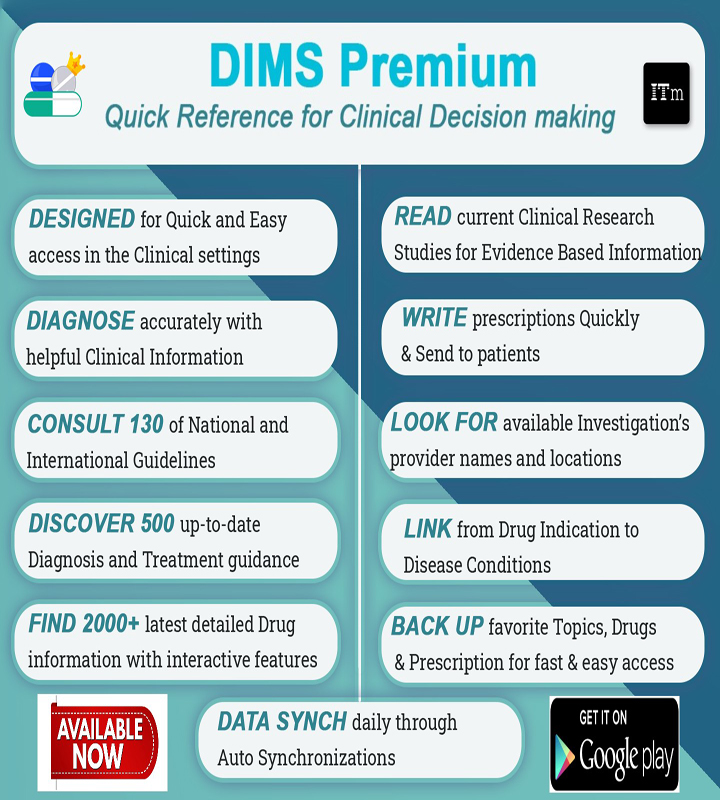Discontinuing Metformin and Clinical Outcomes in Patients with Diabetes and Advanced Chronic Kidney Disease
ADA: Diabetes Journals: Published June 2023
Diabetes mellitus (DM) is one of the most important causes of
CKD. Moreover, both DM and CKD are important risk factors for cardiovascular
disease (CVD).
Metformin is still the first-line drug for DM management. The
concern, of course, is an increased risk of metformin-associated lactic
acidosis (MALA) at low eGFR.
Traditionally, metformin use has not been recommended for
patients with CKD because of the risk of lactic acidosis. However, several clinical
trials and observational studies have reported that the risk of fatal and
nonfatal lactic acidosis did not increase with metformin use, even in patients
with advanced CKD
Metformin can be used in patients with chronic kidney disease
(CKD) up to estimated glomerular filtration rate [eGFR] ≥30 ml/min/1.73m2.
However, surveys suggested its continuing use in some patients with eGFR<30
ml/min/1.73m2 in real world practice although the risk-benefit
ratios remain uncertain.
TAKE HOME MESSAGE
The aim of the study is to estimate the hazard ratio (HR) of
death, major-adverse cardiovascular events (MACE), and end-stage kidney disease
(ESKD) in continued versus discontinued-metformin users.
Of 36,940 metformin users with new-onset eGFR<30
ml/min/1.73m2, 8400 discontinued metformin within 6 months whereas
28,540 continued with metformin.
The median metformin daily dose was 1000 mg in
continued-metformin users. During a median follow-up of 3.5 years, 15.3%,
16.6%, and 28.1% had incident MACE, heart failure, and ESKD respectively, and
41.5% died.
Compared to continued-metformin use, discontinuation was associated with higher risk of MACE (95%), heart failure, ESKD, and death. Results were consistent in patients with and without established cardiovascular diseases (CVD).
Conclusions:
Discontinuation of metformin was associated with an increased
risk of cardiovascular-renal events, regardless CVD status. Continuation of
metformin below eGFR 30ml/min/1.73m2 may be associated with
cardio-renal and mortality benefits that needs to be weighed against the risks
of lactic acidosis.
The data suggest that in a clinic setting, metformin can be
continued with dose adjustment in patients with advanced chronic kidney disease
to sustain glycemic control and for organ protection.
Continuation of metformin below an estimated glomerular
filtration rate (eGFR) of 30 mL/min/1.73m2 may be associated
with cardio-renal and mortality benefits, regardless of cardiovascular disease
status, according to the study.






Comments
You must login to write comment